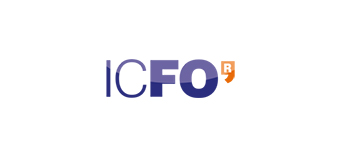Overview
Lecturers & Topics:
- Oriol Romero-Isart (Innsbruck): Levitated optomechanics
- Amir Safavi-Naeini (Stanford): Optomechanical crystals
- Darrick Chang (ICFO): Atom-optomechanics
- Adrian Bachtold (ICFO): Carbon nanotube and graphene mechanics
- Romain Quidant (ICFO): Optical trapping and manipulation of nanoparticles
Program:
Lecture Notes:
Registration and Fellowships
The school will be limited to a maximum of 30 students, selected on the basis of academic merit.
Up to 20 international travel fellowships will be made available to outstanding applicants. All applicants will be automatically considered for travel fellowships. First priority for fellowships will be for masters-level students, although advanced undergraduate and early PhD students are welcome to apply.
Local accommodation will be provided for all participants.
Lecturers
Oriol Romero-Isart (Innsbruck) obtained his PhD in 2008 at the quantum information group of the Universitat Autònoma de Barcelona. Then he moved as a PostDoc to the theory division led by J. I. Cirac of the Max-Planck Institute of Quantum Optics, Garching (Germany). In 2013 he was appointed junior director of the Institute of Quantum Optics and Quantum Information (IQOQI) of the Austrian Academy of Sciences and university professor at the University of Innsbruck (Austria). He is currently leading a research group at IQOQI on theoretical Quantum Nanophysics, Optics, and Information. His contributions in the field of quantum nanomechanics are related to the proposals and underlying theory for controlling optically and magnetically levitated nanospheres in the quantum regime as well as to prepare large quantum superpositions, thereby testing quantum mechanics at unprecedented parameter regimes.
Amir Safavi-Naeini (Stanford) is Assistant Professor of Applied Physics at Stanford University, where he leads the Laboratory for Integrated Nano-Quantum Systems. He recieved his Ph.D. in Applied Physics at the California Institute of Technology in June 2013, working in the group of Oskar Painter. He came to Stanford in September 2014 after a post-doc at ETH Zurich in the group of Andreas Wallraff. His research lies at the intersection of applied physics, photonics, quantum technologies, and nanofabrication. Current efforts are centered around generating and understanding novel chip-scale systems by controlling the flow and interactions between light, sound, and microwaves.
Darrick Chang (ICFO) has been a professor at ICFO since 2011, and leads the research group for Theoretical Quantum Nanophotonics. Previously, he received his B.S. and PhD degrees in physics from Stanford and Harvard, respectively, and was a postdoctoral fellow at the Institute for Quantum Information at Caltech. His group is broadly interested in the use of nanophotonic and nanomechanical systems as platforms for novel quantum devices and to explore new quantum phenomena. Specific research interests in recent years include the optical properties of graphene, interfaces between cold atoms and nanophotonic systems, optical trapping techniques, and quantum vacuum forces. He is the recipient of an ERC Starting Grant.
Adrian Bachtold (ICFO) graduated Ingénieur Physicien at the Ecole Polytechnique Fédérale de Lausanne in 1996 and obtained his PhD from the University of Basel in 1999. He was a post-doctoral researcher at Berkeley and Delft. In 2001 he became Chargé de recherche CNRS at the Ecole Normale Supérieure in Paris. In 2005 he went to Barcelona as a CSIC professor and later on as a ICN professor at the Catalan Institute of Nanotechnology. In 2012 he joined the Institute of Photonic Sciences as an ICFO professor. He is the principal investigator of the Quantum Nano-Mechanics group. He is the recipient of several awards, including the IBM award of the Swiss Physical Society, the medal of the CNRS, and an EURYI award. He was awarded an ERC grant.
Romain Quidant (ICFO) is ICREA professor at ICFO and leader of the Plasmon Nano-Optics Group. His research focuses on the study of the optical properties of metal nano-structures, known as nanoplasmonics. The activities of his group cover both fundamental and applied research. The fundamental part of his work is mainly directed towards enhanced light/matter interaction for quantum optics. From a more applied viewpoint, his group investigates new strategies to control light and heat at the nanometer scale for biomedical applications. He is the recipient of 4 ERC grants and serves as an associate editor for ACS Photonics.
Venue
ICFO – the Institute of Photonic Sciences, is a young research institution that aims to advance the very limits of the science and technology of light, tackling important challenges faced by society at large in all areas of life, including health, energy, information, safety, security and caring for the environment. ICFO is a member of BIST, the Barcelona Institute of Science and Technology, and is situated in Castelldefels, a small town located by the sea just outside of Barcelona, Spain.
Organisation
The Scientific Committee is Prof. Darrick Chang (Chair), Prof. Adrian Bachtold and Prof. Romain Quidant, along with Local Organiser Dr Robert Sewell, Coordinator of Academic Programs.





